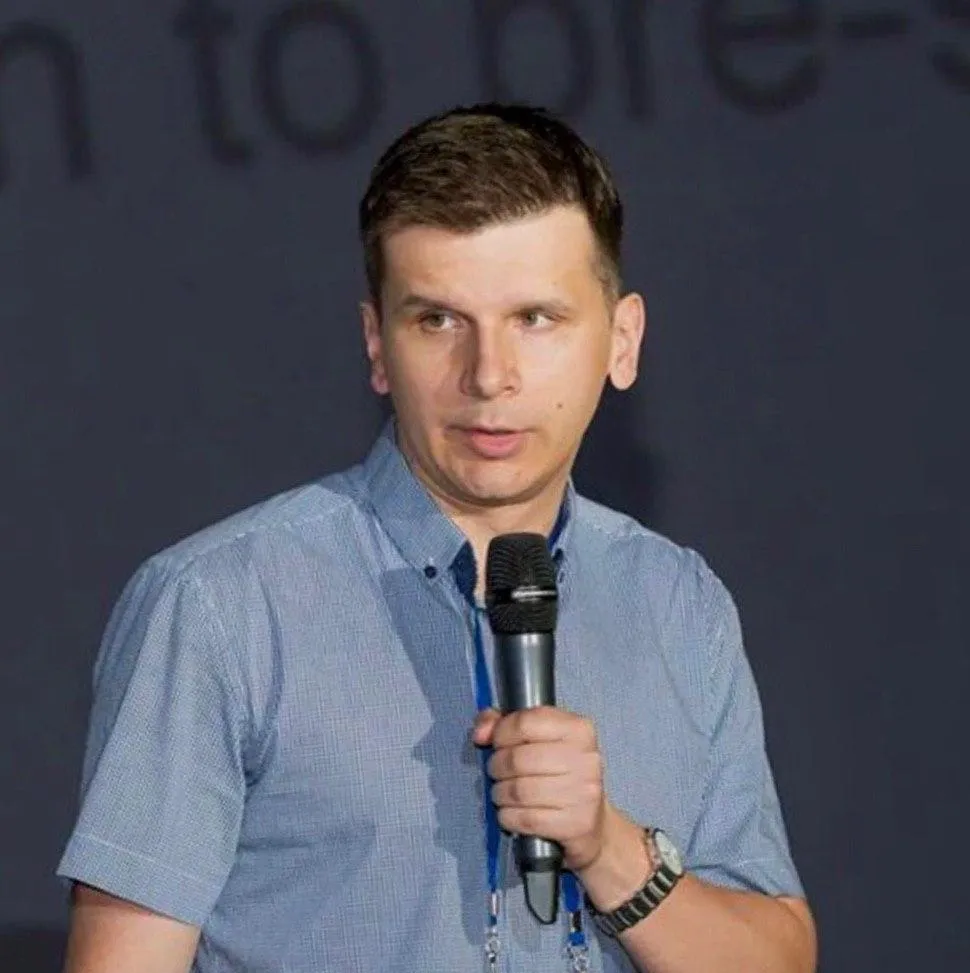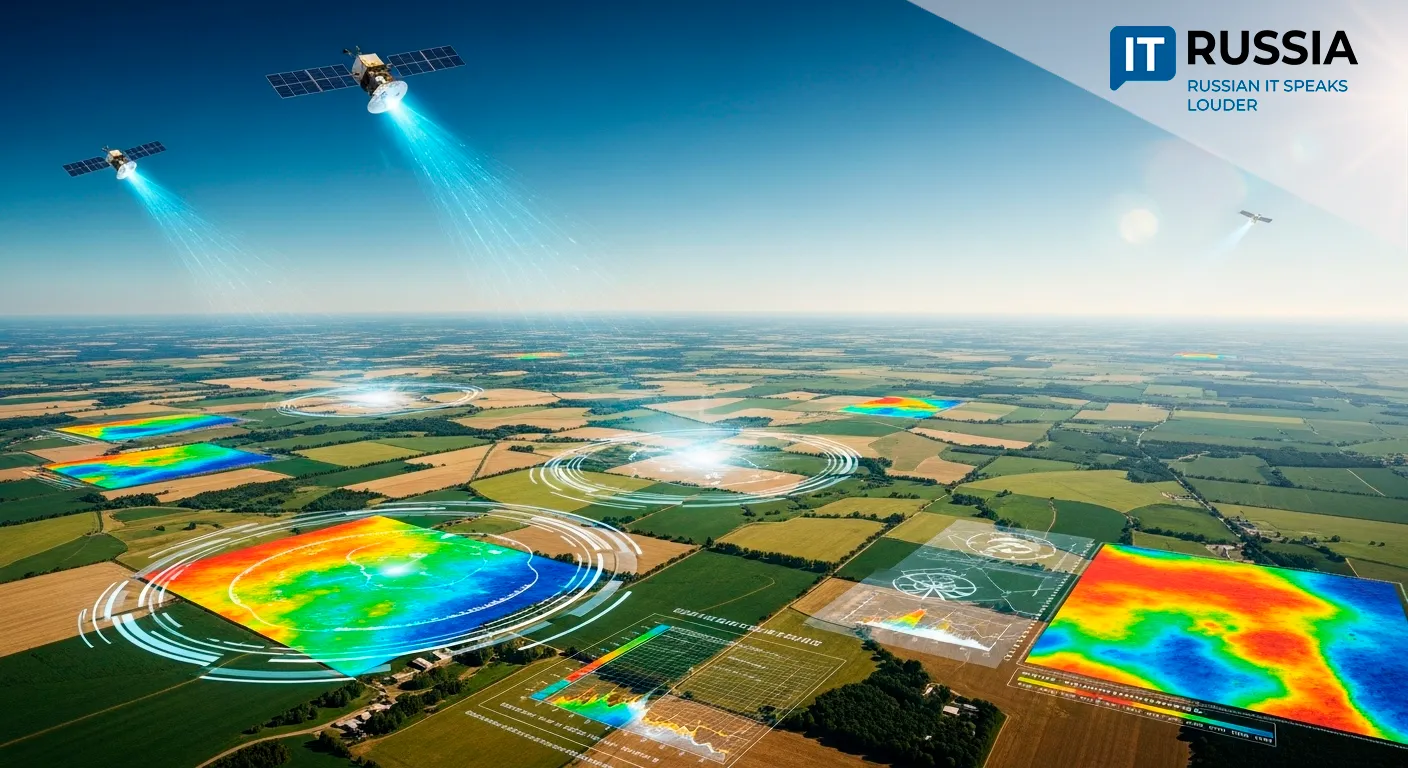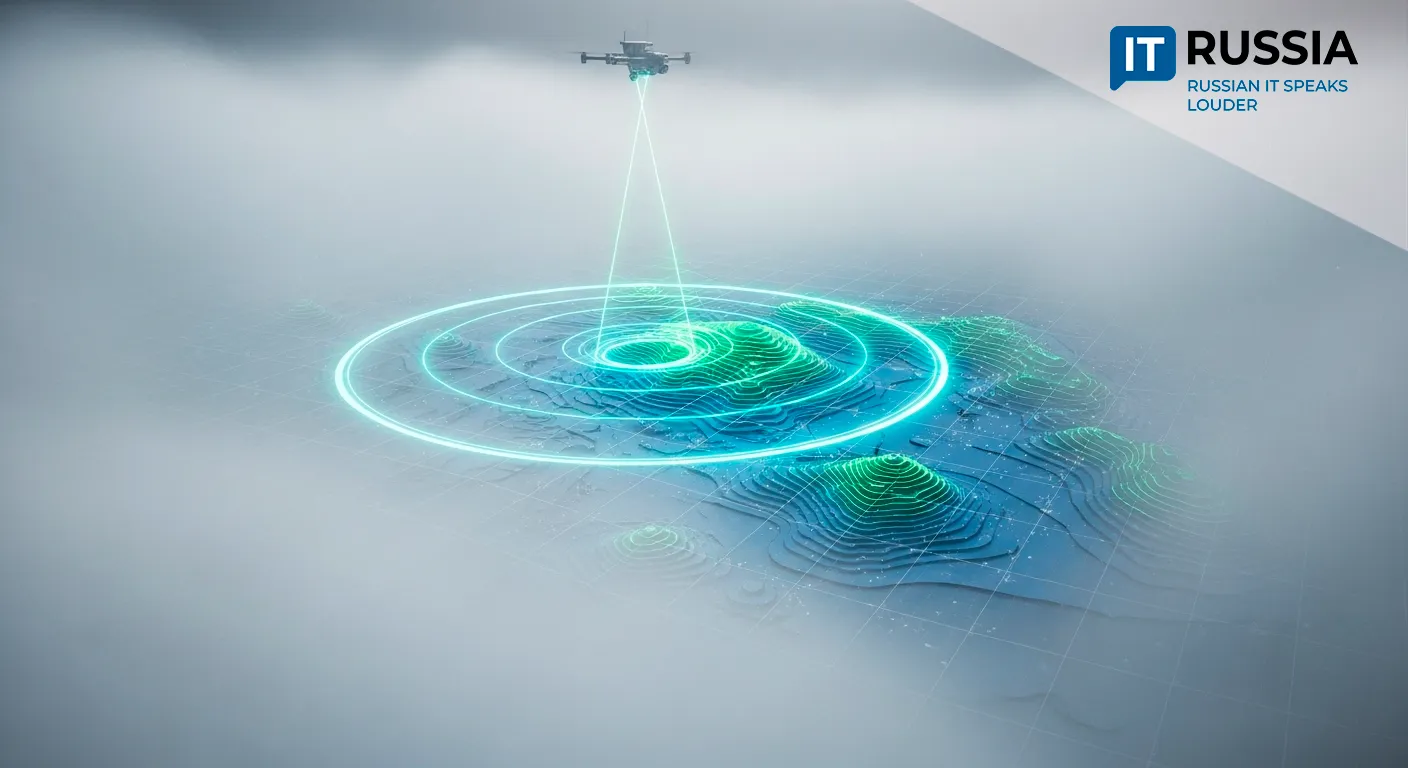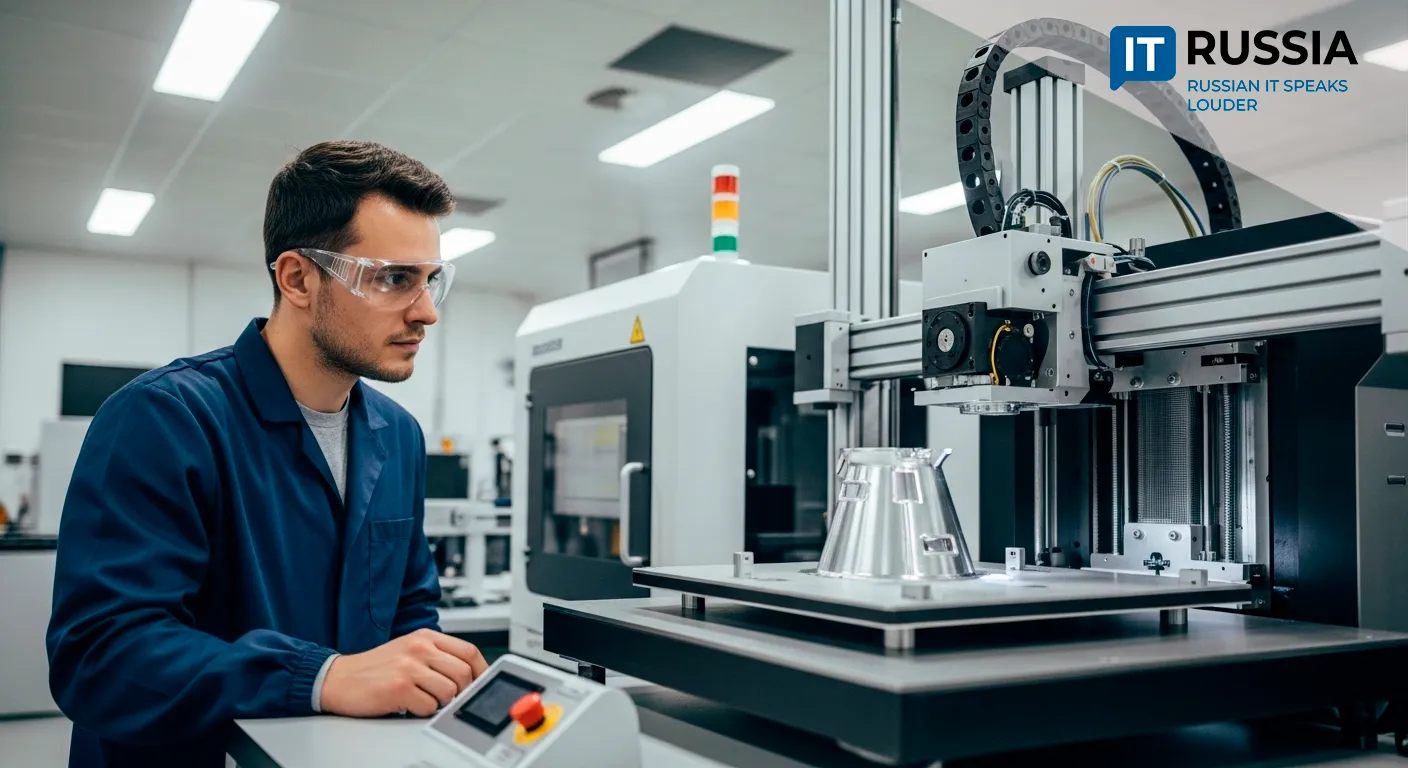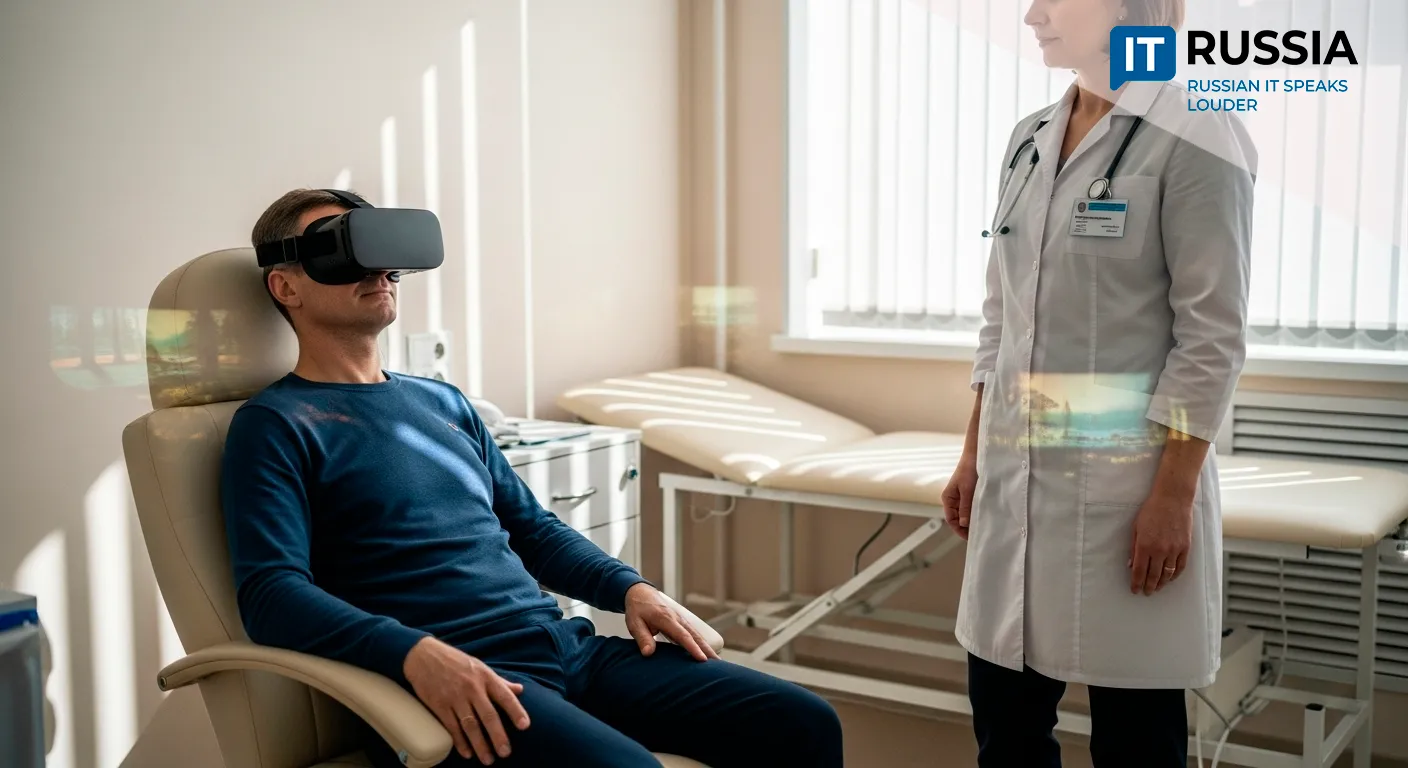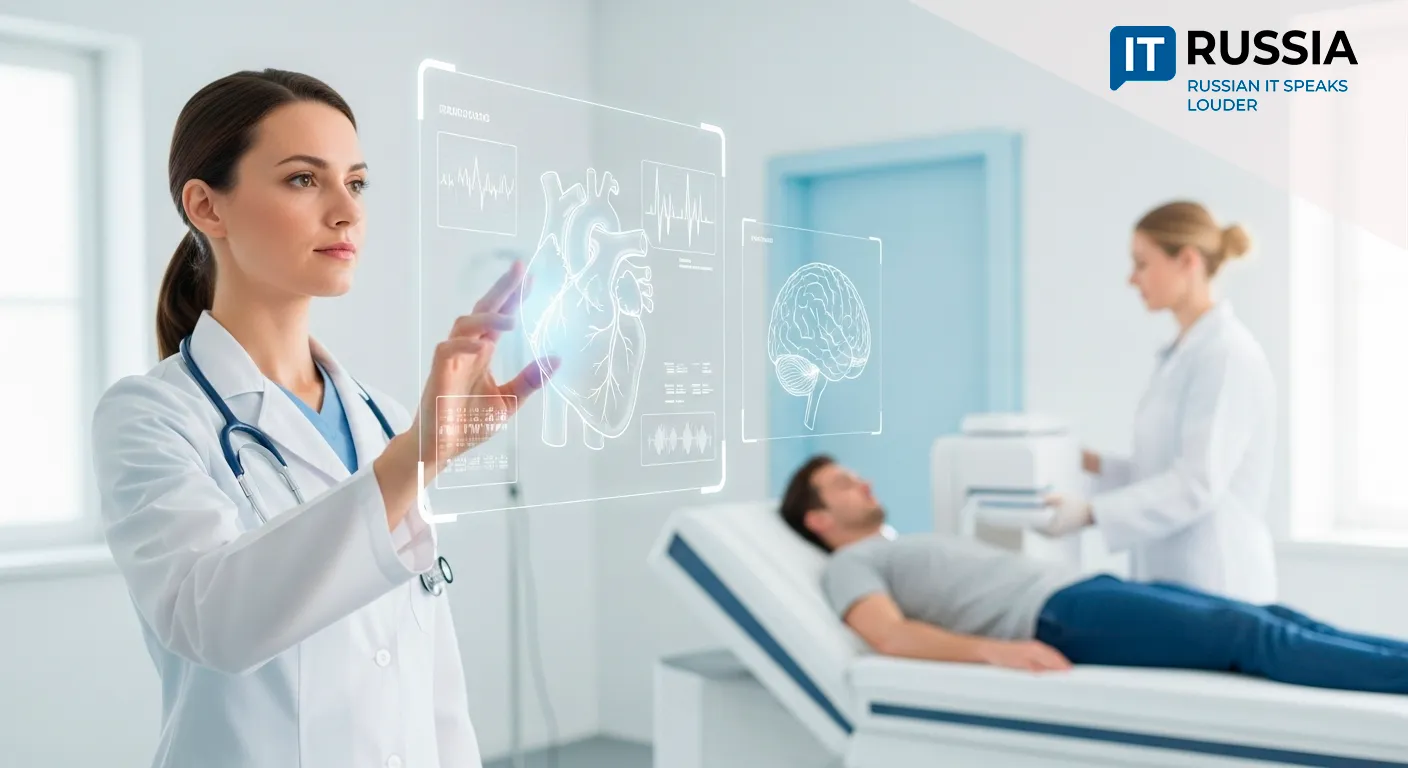Russian Scientists Develop AI for Early Stroke Detection
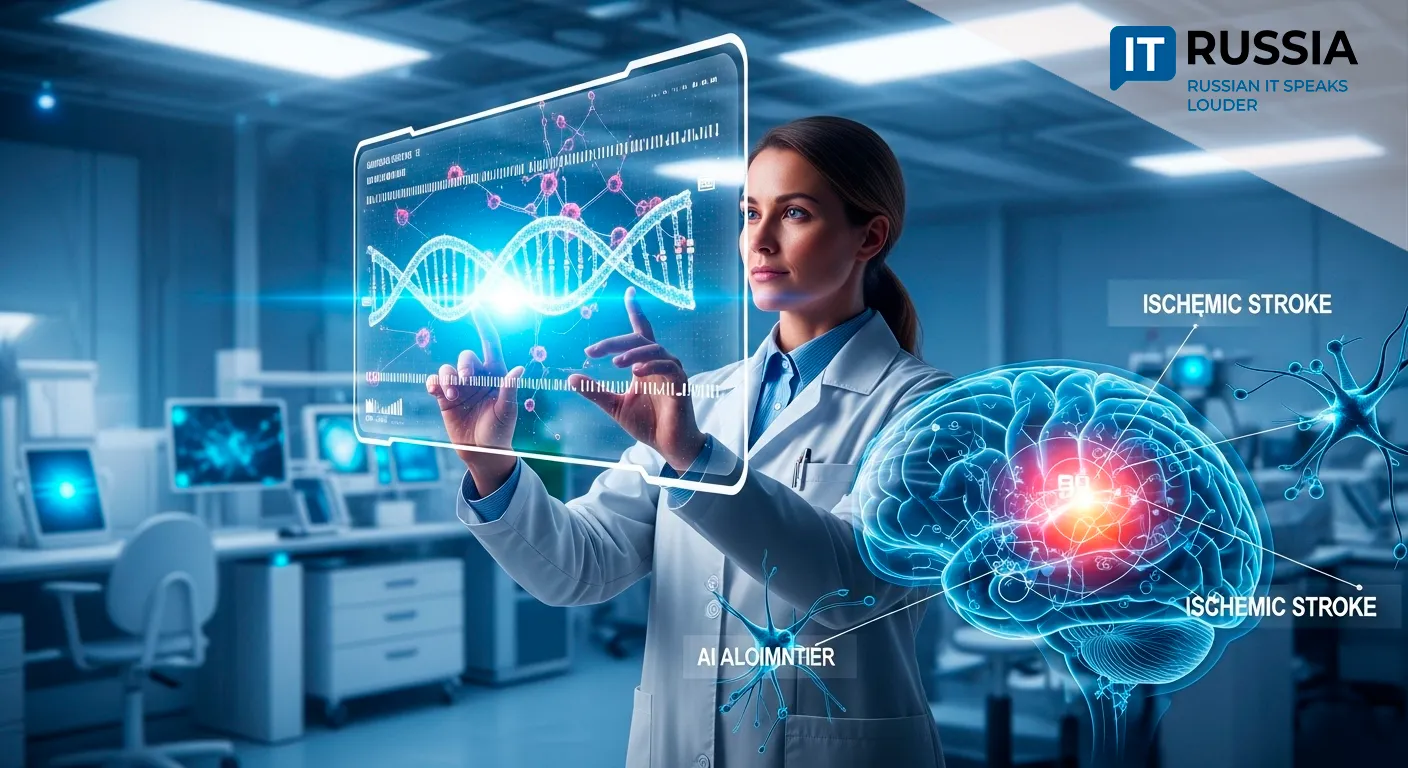
A new AI-powered method developed at the Kurchatov Institute could transform how stroke risk is detected and prevented—long before symptoms appear.
Addressing a Critical Healthcare Challenge
Ischemic stroke remains a leading cause of death and long-term disability worldwide. In Russia, as in many countries, genetic factors contribute to nearly 40% of all stroke cases—making early identification of risk crucial. A team at the Kurchatov Institute, in collaboration with NBICS-based technologies, has developed a groundbreaking method for identifying early indicators of ischemic stroke using genetic information, artificial intelligence (AI), and neural networks.
The breakthrough lies in using advanced AI models capable of analyzing massive datasets, including thousands of patient genomes. Unlike traditional methods that examine each genetic marker individually, neural networks assess the complex interplay of hundreds of genes linked to stroke risk. This has led to the identification of over 100 unique genetic markers, many of which were discovered by Russian researchers for the first time.
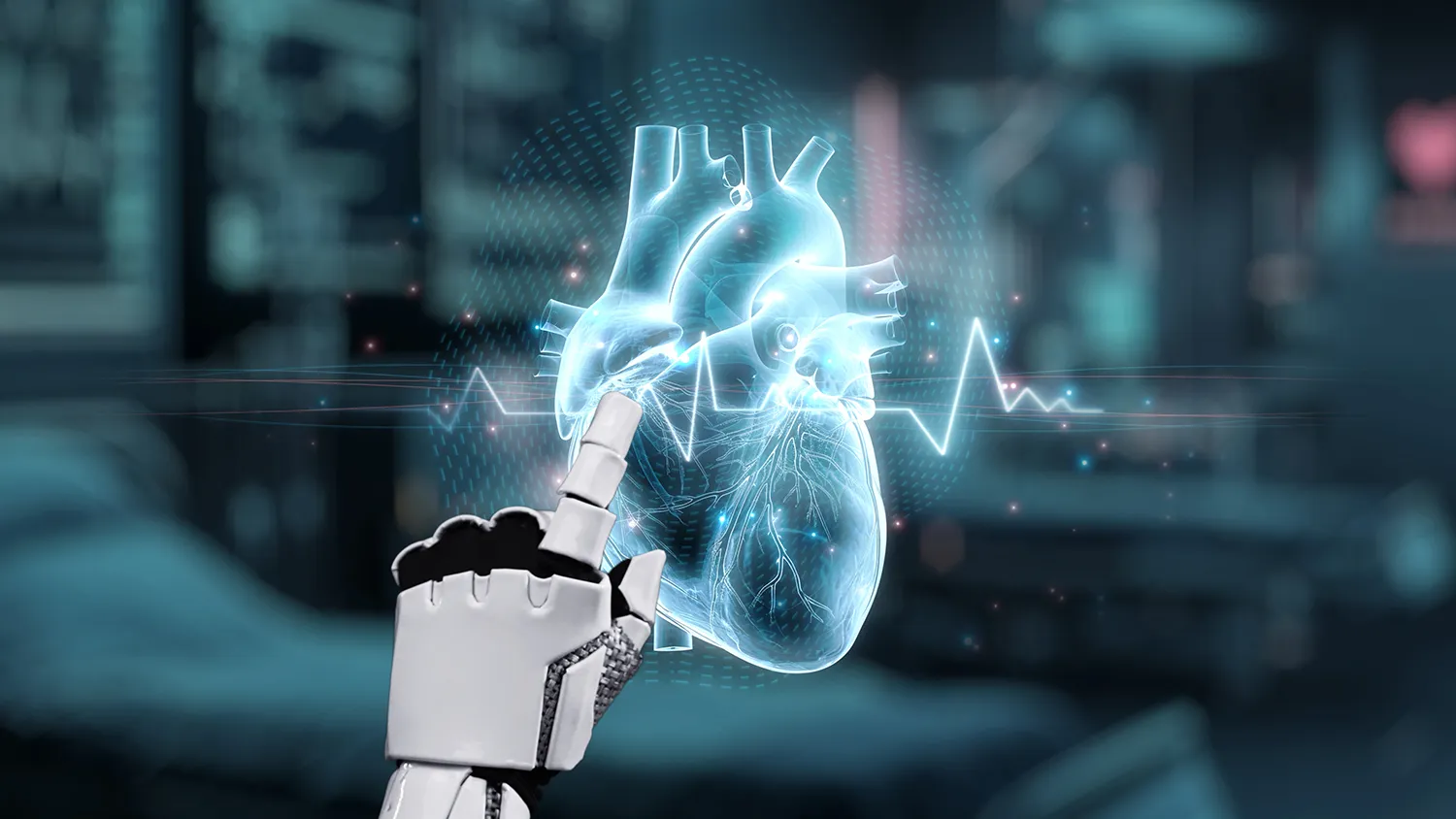
How AI and Genetics Interact
Ivan Filippenkov, senior researcher at the Laboratory of Human Molecular Genetics, emphasized that the approach not only detects predisposition markers but also informs therapeutic development. Researchers have devised treatments using innovative peptide-based compounds—short protein molecules that simultaneously protect neurons and reduce inflammation, both of which are vital in stroke prevention.
Animal model studies, particularly in the brain’s frontal cortex, showed a strong compensatory effect: peptides promote neuronal recovery and stimulate neuroglia, the cells responsible for supporting and protecting neural tissue.
This integrated approach—blending genetics, AI, and next-gen therapeutics—has drawn praise in major international scientific journals, highlighting both the scientific depth and practical potential of Russian research.
Public Health Impact and Personalization
The stakes are high. Stroke remains one of Russia’s top causes of death and disability, burdening both the healthcare system and social infrastructure. Developing a genetic marker panel enables early identification of high-risk individuals—long before clinical symptoms emerge. It also allows prediction of disease severity and supports the design of personalized prevention and treatment strategies.
For patients, this means timely diagnosis, reduced risk of long-term disability, and improved quality of life. For the healthcare system, it translates to more efficient resource use and better population health outcomes.
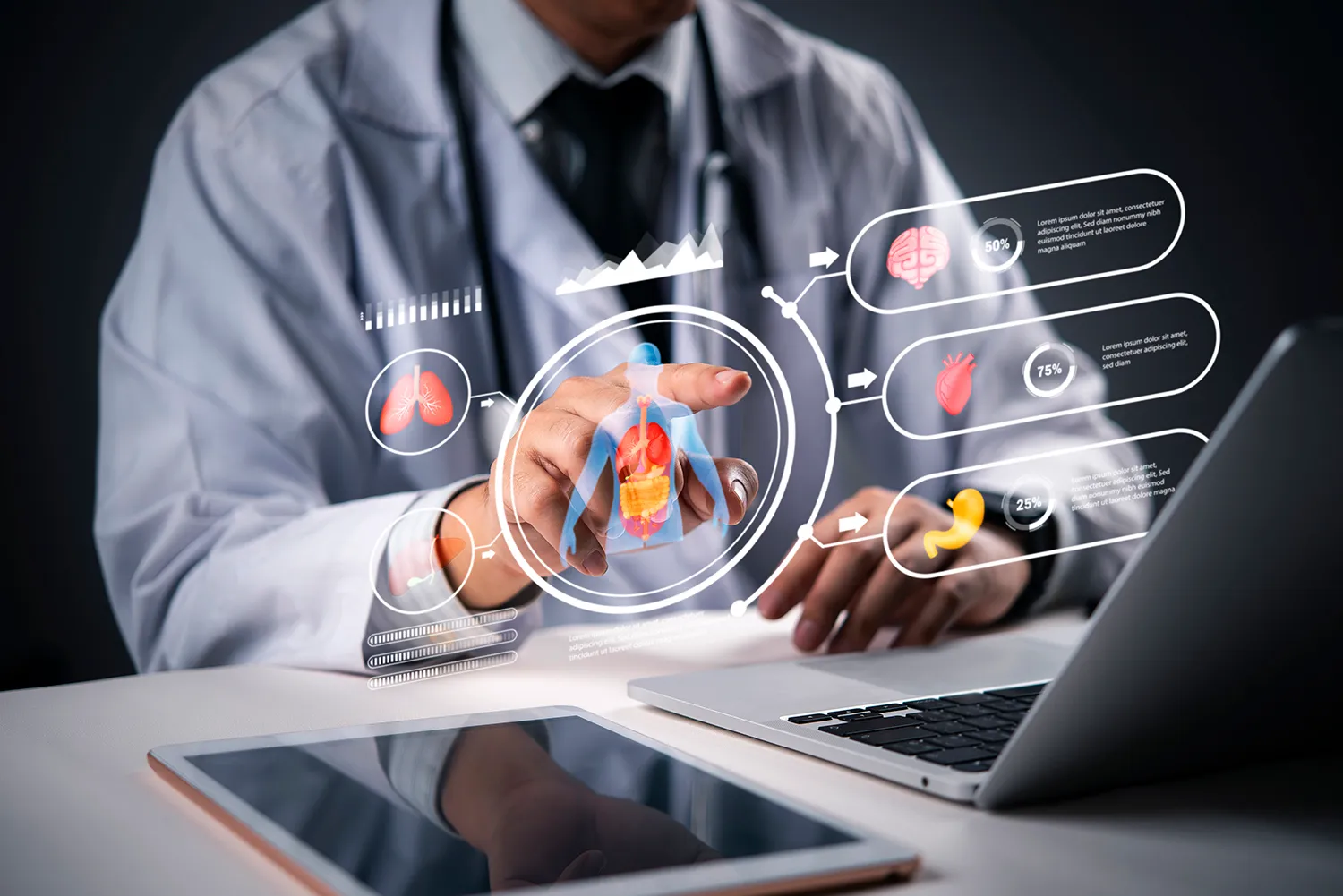
Scaling Up with Global Potential
The project’s development trajectory is promising. Its global potential is grounded in well-established technologies: genome sequencing, AI modeling, and peptide therapeutics.
The Kurchatov Institute is preparing for international validation and clinical trials across diverse patient cohorts. At home, infrastructure for sequencing continues to grow, supported by the Ministry of Health and Ministry of Digital Development. Integration of this method into public health programs could make early diagnosis and stroke prevention widely accessible.
Over the past five years, Russia has made significant strides in using AI in medicine. A 2024 publication demonstrated that stroke outcomes can be predicted through integrated analysis of clinical and biochemical data, confirming Russia’s leadership in this global trend. Since 2005, the country’s National Stroke Program has built a foundation for standardized care—now enhanced by cutting-edge digital tools.
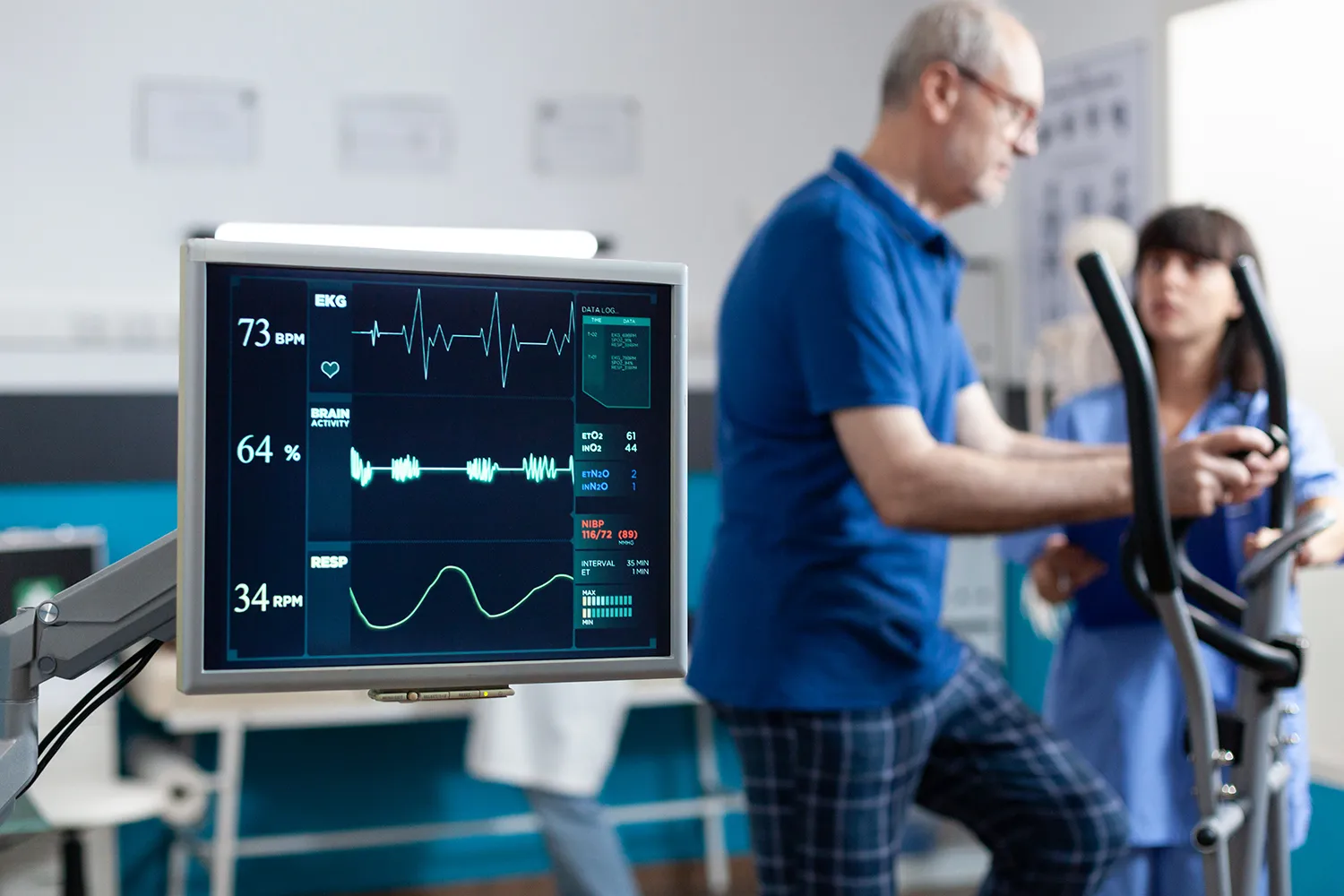
A Technological Milestone
This innovative platform showcases Russia’s scientific and technological capabilities in AI-based genomic medicine. By enabling both risk prediction and tailored therapies, the approach could dramatically reduce stroke-related mortality and improve patient outcomes.
Initial publications and clinical trials are expected within the next 1–2 years, with midterm goals including integration into Russian medical standards and the launch of international partnerships. In the long term, the technology could become a global benchmark and expand to other fields such as diabetes, oncology, and neurodegenerative diseases.
Russian science and digital technology are once again proving their capacity to deliver solutions with real-world impact. The Kurchatov Institute stands at the forefront of innovation, playing a crucial role in the fight against one of the world’s most serious health challenges—ischemic stroke.


